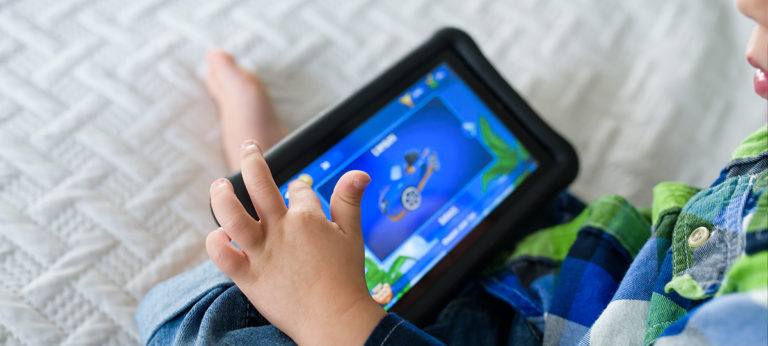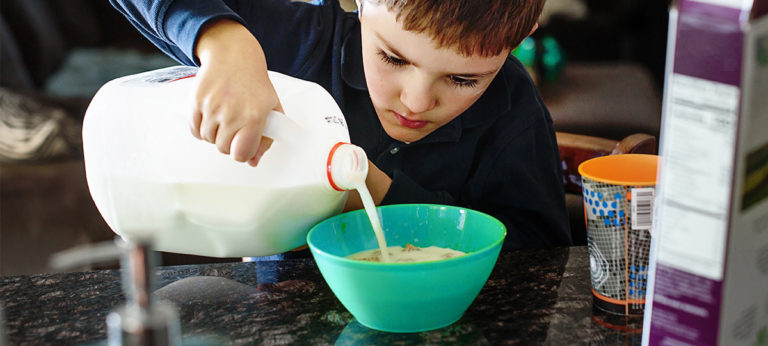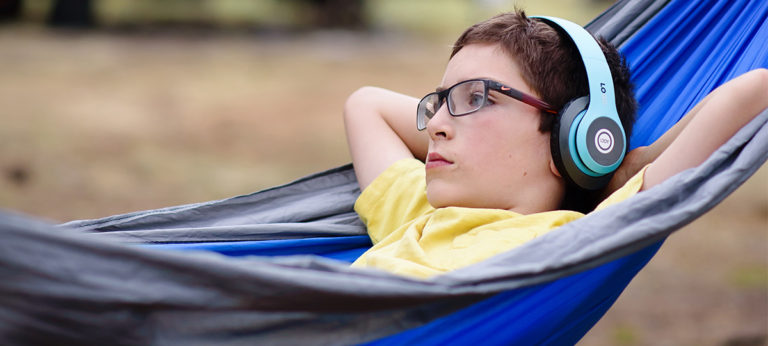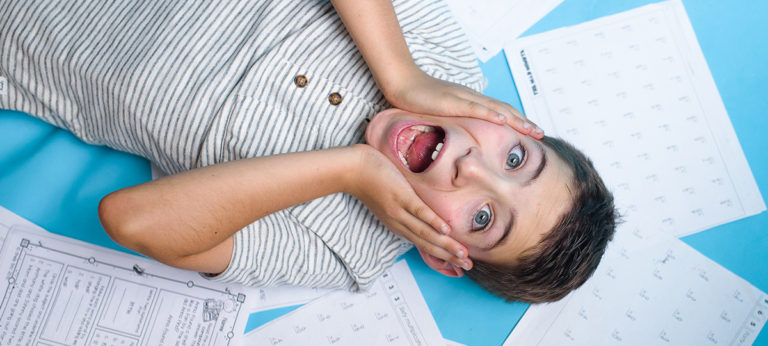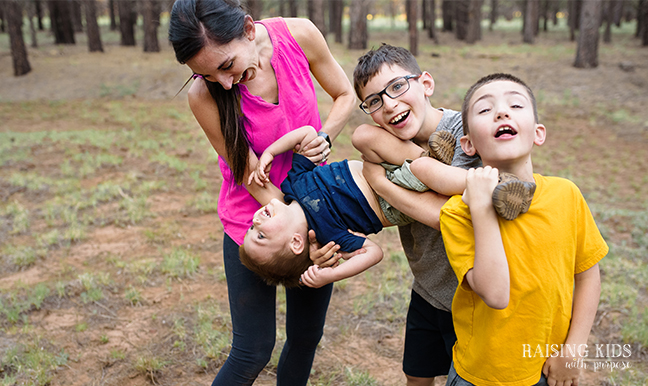Why You Should Stop Buying Tech Toys For Your Kids According to Experts
I have breaking news!! Kids do not need high tech toys and gadgets for development, self-regulation, and executive functioning or to make them learn faster or better!
What babies, toddlers, preschoolers, and school-aged kids really need is human interaction. They also need ways to expand their minds.

